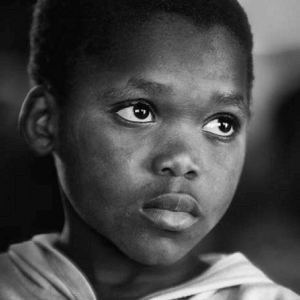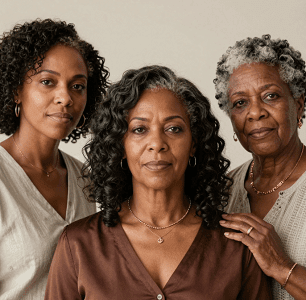A recent study published in JAMA Network Open reveals that Black and Hispanic children with high-risk neuroblastoma face significantly worse survival outcomes compared to their white peers, even when treated in frontline clinical trials. Conducted by researchers at UT Southwestern Medical Center, the study is the first to comprehensively evaluate survival by race and ethnicity in a national cohort of children with this aggressive cancer.
Neuroblastoma, the most common extracranial solid tumor in children, presents a stark disparity in outcomes. The study analyzed data from 696 children undergoing chemotherapy induction/consolidation and 935 children in post-consolidation trials through the Children’s Oncology Group. Despite receiving standardized treatment, Hispanic children had a nearly 80% higher hazard of death after induction trials compared to white patients. In post-consolidation trials, both Black and Hispanic children had significantly lower survival rates than white children, even after accounting for disease biology and response to early treatment.
Lead author Dr. Puja Umaretiya emphasized that access to clinical trials alone is insufficient to overcome the inferior survival outcomes experienced by Black and Hispanic children. The study found no significant racial or ethnic differences in care, including delays during chemotherapy, suggesting that other factors contribute to these disparities.
Dr. Umaretiya’s earlier research indicated that children from racially and ethnically marginalized groups participate in frontline neuroblastoma trials at rates similar to white children. However, the persistent disparities in survival outcomes highlight the need for targeted interventions to address these inequities and improve health outcomes for minority communities.
See: “Black and Hispanic children with high-risk neuroblastoma have worse outcomes despite standardized treatment” (April 30, 2025)



